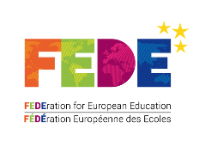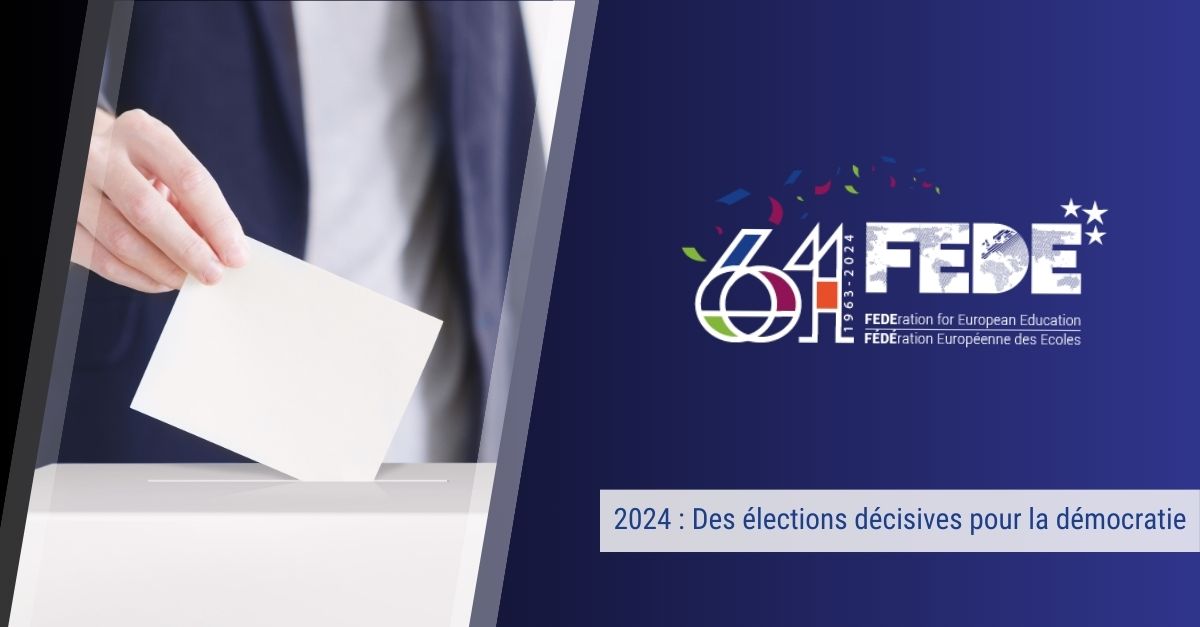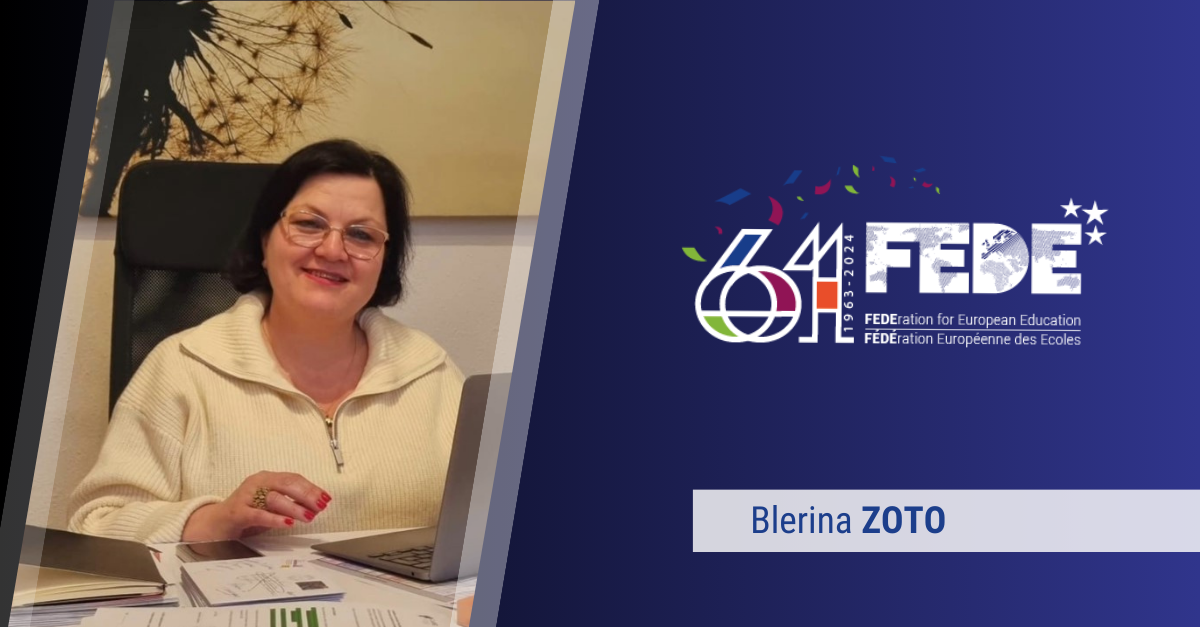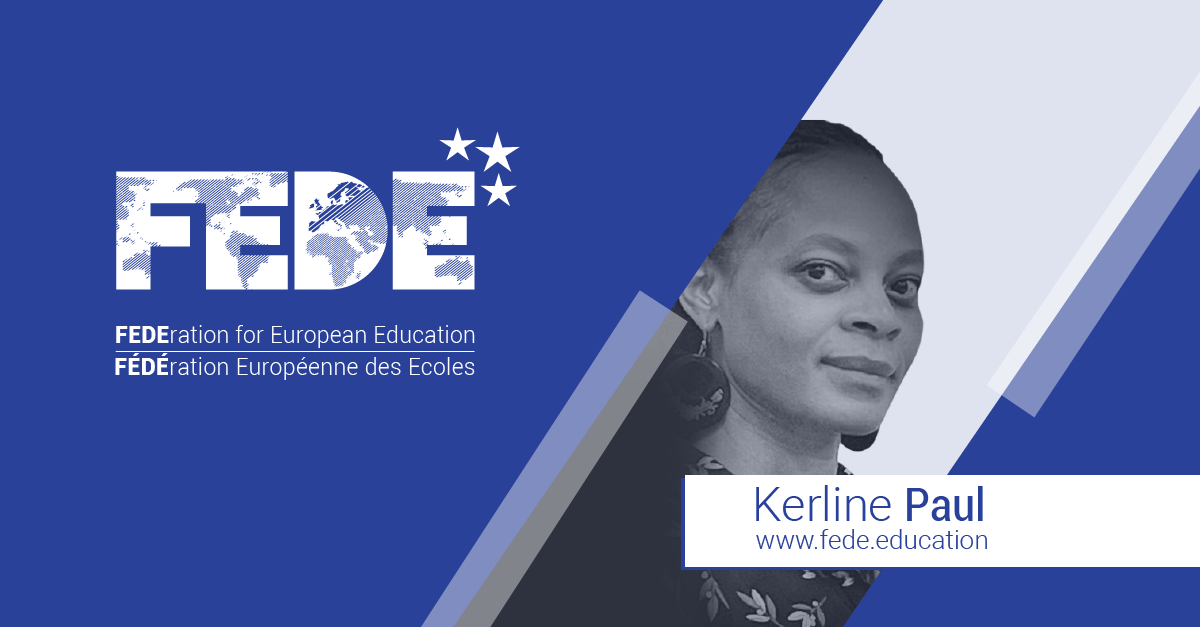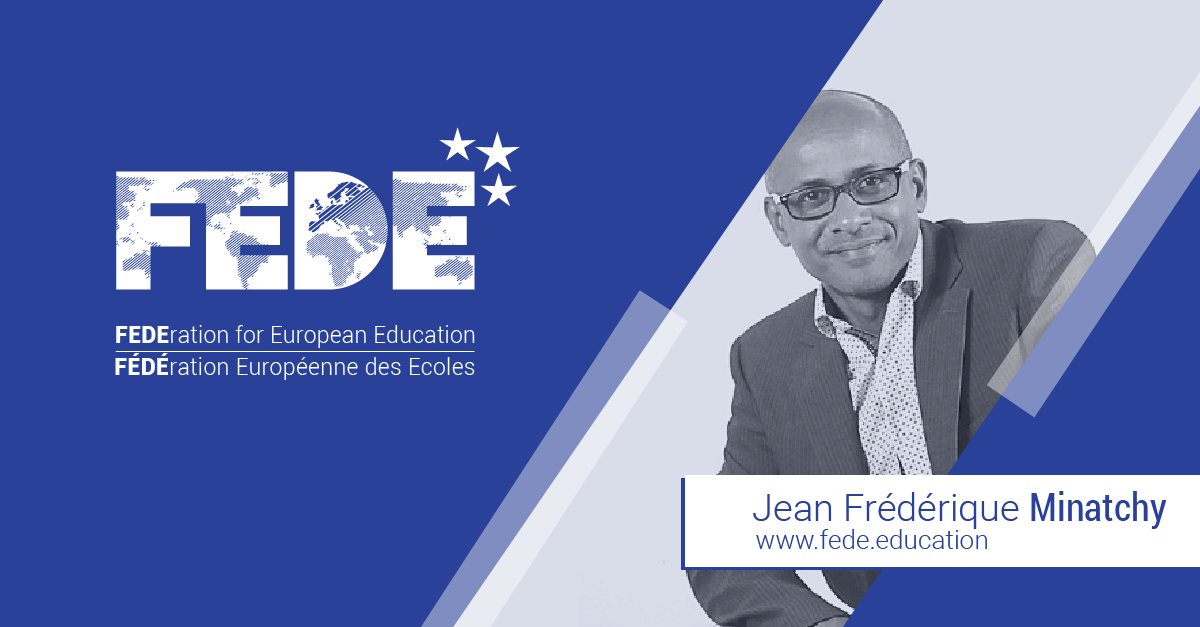GOVERNANCE AND THE WORLD
Nine authors have written the nine articles of the eight chapters of the present study.
It tackles very current topics: from secularism in the world (Jean Michel Quillardet, lawyer), to diplomacy of influence (Genci Burimi, journalist), the FEDE and its associates wished to make this book a research book that is accessible to a broad readership. A guidance review to better navigate the intricacies of global finance (Marc Delachaussée, lecturer and researcher), information on the internationalisation of higher education (Salima Laabi Zuber, sociologist), a directive reflection on climatology and natural disasters (Jean-Louis Bischoff, lecturer and researcher), an analysis of the “shadow global government” (Alain Tobelem, lecturer and researcher), synthetic descriptions of public health policies in the world (Alexandre and Jean-Noël Vallée, doctor and professor of medicine respectively), a situational analysis of the nature of trust/political governance relations (Ali Armand, sociologist and certified coach) argue in favour of the FEDE’s aspiration.
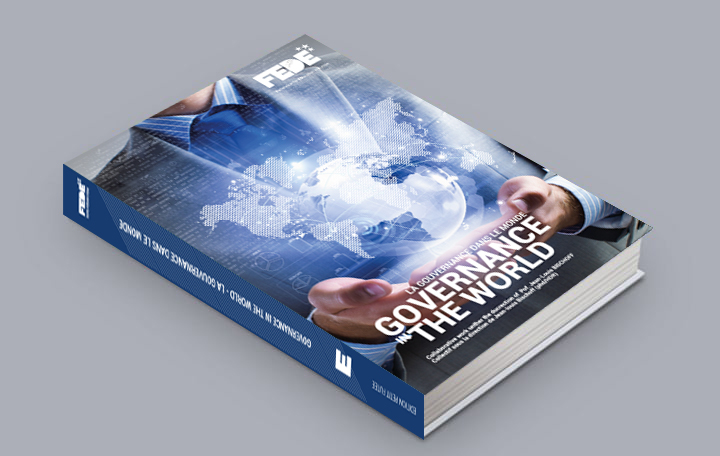
This book aims to provide an understanding of the global organisational mechanisms in terms of strategy and geopolitics. It enables an analysis of the interactions between states, international institutions, economic stakeholders and civil societies. It is a combination of strategic, geopolitical, economic, social, sociological, historical, legal and even communication skills. It offers tools for analysing international governance in order to understand its complexities and issues. To understand today’s world, is to be able, tomorrow, to deliver more effective, more open, more coherent, more legitimate, more responsible and therefore more efficient managerial decisions.
Contents
General Introduction
Jean-Louis Bischoff
1. Governance and Religious Beliefs
Secularism in the world
Jean-Michel Quillardet
2. Governance and Higher Education
The internationalisation of higher education, the case of China and emerging African economies
Salima Laabi Zuber
3. Governance and Finance
The regulation of global finance
Marc Delachaussée
4. Governance and the Environment
Climates and Disasters in the World
The Paris accords
Jean-Louis Bischoff
5. Governance and Shadow Government
A Global Government in the Shadows
Alain Tobelem
6. Governance and Public Health
Public health policies around the world
Alexandre Vallée and Jean Noel Vallée
7. Governance and Confidence
Governance and political confidence
Ali Armand
8. Governance and Diplomacy in the World
The diplomacy of influence
Genci Burimi
The co-authors:
FEDE News
2024: Decisive elections for democracy
The year 2024 promises to be a period of electoral density unequalled since universal suffrage was first introduced in 1792 by a pioneering country, France, at a time when only men had the right [lire plus]
Women’s Day: Challenges for 2024 – Meeting with Blerina Zoto
To mark the 61st anniversary of the FEDE and International Women’s Day on March 2024, we had the privilege of meeting Blerina Zoto, member of the FEDE Executive Board. An Albanian-Swiss diplomat, human [lire plus]
Kerline Paul: ‘Boosting the identity and reputation of solidarity-based economics’
Kerline Paul has worked as a bilingual executive assistant for over 20 years. In preparing meetings and files, in organising seminars and training courses, and in managing customers, she has honed her capacity for [lire plus]
Jean Frederic Minatchy wants to find a fruitful, human way to manage
In 2012, Jean Frédéric Minatchy set up a firm specialised in training (coaching and professional mentoring). He has also continued his career as a teacher, lecturing at Néoma Business School and the Université de [lire plus]
